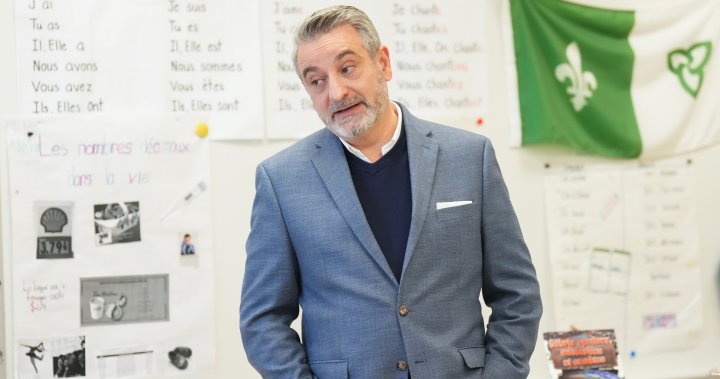A luxury trip to Italy has cost an Ontario school board trustee her position after revelations that taxpayer money funded portions of what critics describe as an extravagant European excursion. The scandal, which has been brewing for months, culminated Thursday night when the board voted to remove the trustee from her role following intense public scrutiny and calls for accountability.
The controversy erupted when expense reports revealed that the trustee had charged approximately $7,800 to the school board for what was characterized as an “educational research trip” to various Italian cities, including Rome, Florence, and Venice. Documents obtained through freedom of information requests showed hotel accommodations at four-star properties and several high-end restaurant meals that exceeded standard per diem allowances by significant margins.
“Public education funding is meant for classrooms, not overseas vacations,” said parent council advocate Michelle Thornton at Thursday’s heated board meeting. “At a time when our schools are struggling with basic supplies and educational assistants, this misuse of funds is particularly egregious.”
The trip, which took place last April during the spring break, was initially defended by the trustee as an opportunity to study Italy’s educational approaches. However, an internal investigation found minimal evidence of educational activities beyond two brief school tours that together lasted less than three hours during the ten-day trip.
Board Chair Danielle Williams explained the unprecedented decision to remove the trustee: “We have a fiduciary responsibility to taxpayers and students. The evidence presented to the board demonstrates a clear breach of our expense policies and ethical guidelines. This decision was difficult but necessary to maintain public trust.”
The case has broader implications for school board governance across Ontario, with the Ministry of Education now reviewing expense policies for elected trustees. Education Minister Stephen Lecce commented on the situation, stating that his office is “deeply concerned about any misuse of education funding that diverts resources away from student needs.”
This isn’t the first time Ontario school boards have faced scrutiny over travel expenses. In 2019, another district faced backlash after several administrators attended an international conference with questionable educational value, prompting calls for stricter oversight of discretionary spending.
The removed trustee, who had served on the board for six years, maintains that the trip had legitimate educational purposes despite the findings. Through her attorney, she released a statement calling the board’s decision “procedurally unfair” and suggested potential legal action to contest the removal.
Parent groups and education advocates across the province are now pushing for greater transparency in school board finances. The Ontario Public School Boards’ Association has announced plans to review its guidance on trustee expenses and professional development opportunities.
“This case highlights the tension between professional development needs and fiscal responsibility,” noted education policy analyst Dr. James Richardson. “While there’s value in learning from international education systems, there must be clear parameters around appropriate spending and demonstrable benefits to students.”
As the school board prepares for a by-election to fill the vacant position, the incident raises important questions about accountability in educational governance: How can we ensure that those entrusted with overseeing our children’s education are spending public resources with the same care and consideration they would their own?

























